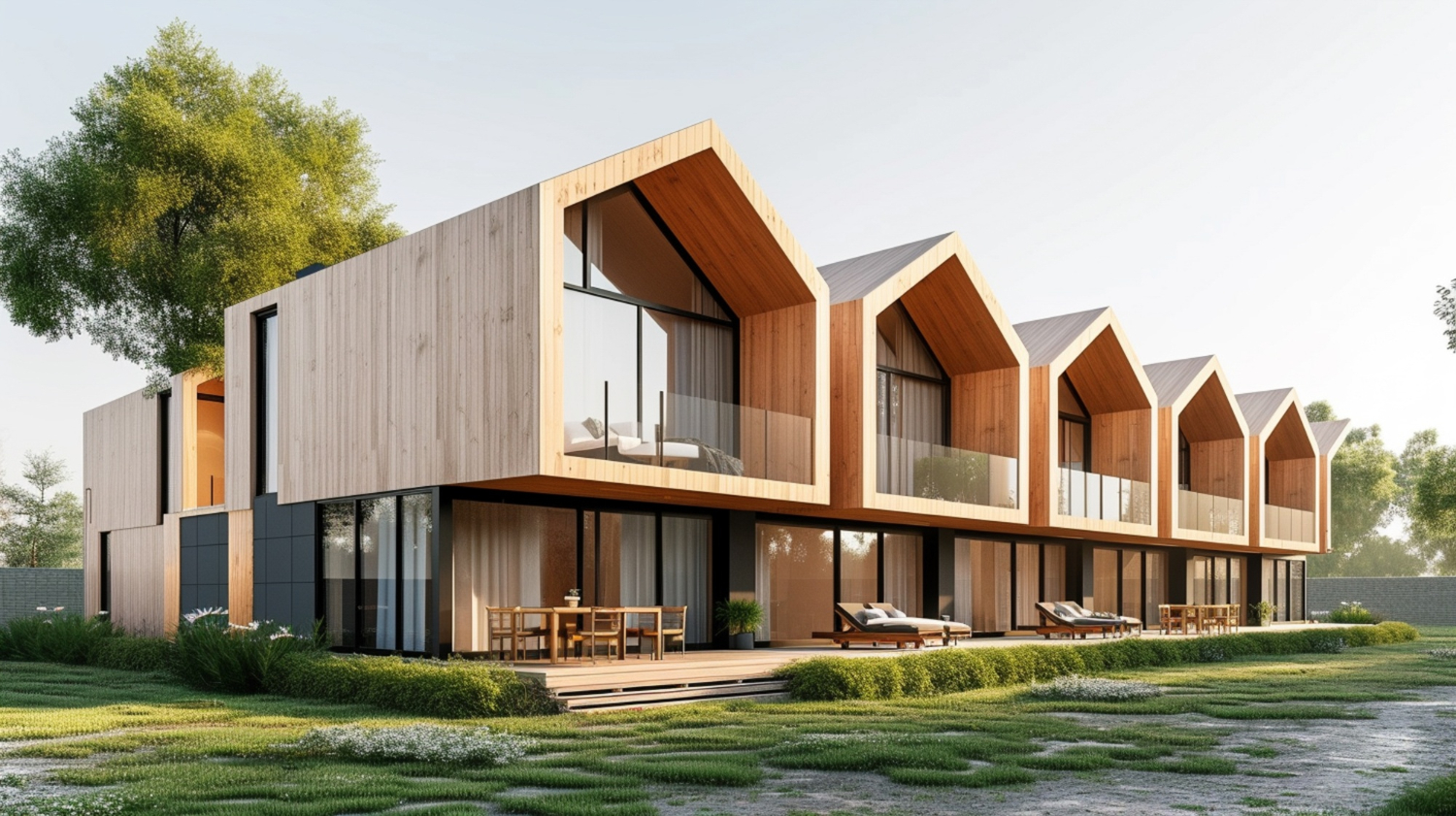
Investment Potential of Prefabricated Houses in Real Estate Investment Potential of Prefabricated Houses in Real Estate
Real estate has long been considered one of the most reliable avenues for investment, but rising construction costs and housing shortages have created challenges for traditional property development. In this changing landscape, prefabricated houses are emerging as a strong contender for investors seeking profitable opportunities. If you want to learn about how it compares to solid houses, check out this link https://zeitundwert.de/verkauf/fertighaus-oder-massivhaus-eine-umfassende-gegenueberstellung-ihrer-vor-und-nachteile. With their affordability, speed of construction, and growing popularity, prefab homes are becoming more than just housing solutions—they are shaping up to be valuable assets in the real estate market.
Lower Construction Costs and Higher Returns

One of the key reasons investors are turning to prefabricated housing is the reduced cost of construction. Prefab homes are manufactured in controlled factory settings, which minimizes waste, lowers labor expenses, and prevents costly delays caused by weather. For investors, this means lower initial capital requirements compared to traditional builds. Because these homes can be completed faster and with fewer risks, the potential for quicker returns on investment is significantly higher.
Meeting the Demand for Affordable Housing
Housing affordability is a pressing issue across many regions, and prefabricated houses directly address this demand. Investors who fund prefab developments can cater to a growing market of first-time buyers, renters, and families seeking cost-effective housing solutions. By aligning with this demand, investors position themselves in a sector that is not only profitable but also socially relevant, increasing long-term value and stability.
Sustainability as a Market Advantage
Sustainability has become a priority in real estate, and prefabricated homes offer eco-friendly features that appeal to environmentally conscious buyers. Energy-efficient designs, reduced construction waste, and integration of renewable technologies such as solar panels make prefab homes attractive to a new generation of homeowners. For investors, properties with sustainable features often command higher resale values and rental appeal, boosting profitability over time.
Flexibility in Development Projects

The modular nature of prefabricated housing allows investors to scale projects efficiently. Whether developing a single residential property or multiple units in a community, prefab construction makes it easier to adapt to different market needs. This flexibility reduces financial risk and provides opportunities for diversification within a real estate portfolio.
Long-Term Value and Market Growth
As prefabricated housing becomes more mainstream, its value as an investment is expected to grow. Governments and developers are increasingly supporting prefab initiatives to address housing shortages, which enhances market credibility. For investors, early involvement in this growing sector can yield significant advantages, as demand for affordable and sustainable housing solutions continues to rise.
Prefabricated houses present a compelling investment opportunity in today’s real estate market. With reduced construction costs, strong demand for affordability, sustainable features, and scalable potential, these homes are redefining the way investors approach property development. As the housing industry evolves, prefab housing stands out not only as a practical solution but also as a promising asset for long-term profitability and growth.

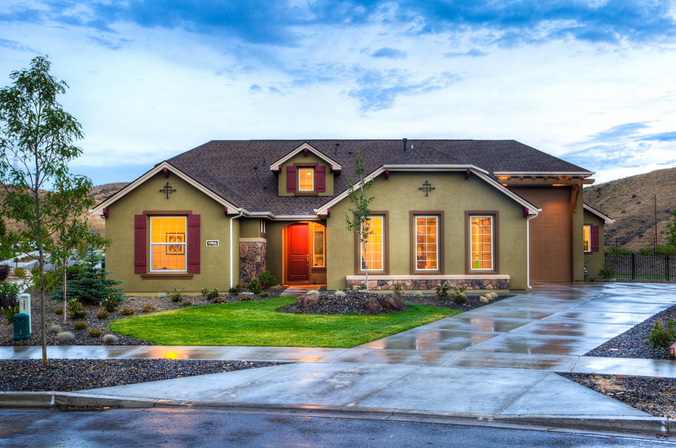


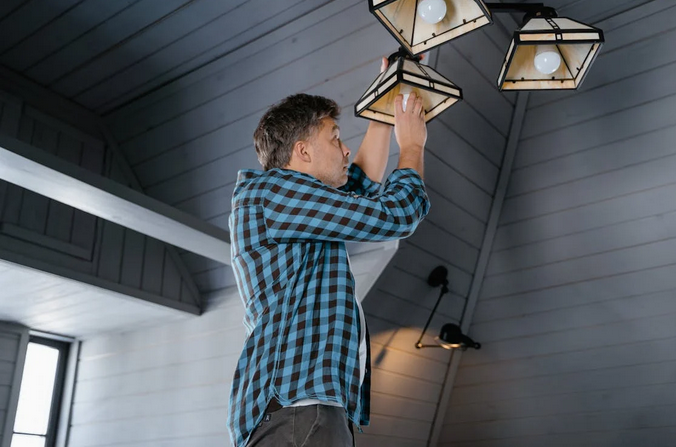

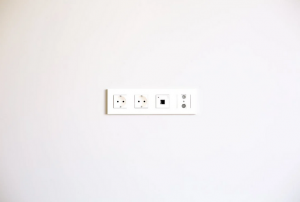 Overloading outlets and extension cords is a common mistake many make. It can lead to overheating, fires, and other serious hazards. When too many devices are plugged into one outlet, the circuit struggles to handle the load. Always check the wattage of your appliances.
Overloading outlets and extension cords is a common mistake many make. It can lead to overheating, fires, and other serious hazards. When too many devices are plugged into one outlet, the circuit struggles to handle the load. Always check the wattage of your appliances.

 A cluttered desk can easily drain your focus and creativity. To cultivate a Zen Den, start by simplifying your workspace. Keep only the essentials within reach. Here, minimalistic organizers can be a great add-on to create designated spots for your tools. A tidy environment fosters clarity and peace of mind. Use drawer dividers or small bins to contain supplies like pens, sticky notes, or paper clips. This not only keeps items from spilling out but also gives you quick access when inspiration strikes. Next, think about digital clutter, too. Organize files on your computer as diligently as you do physical papers.
A cluttered desk can easily drain your focus and creativity. To cultivate a Zen Den, start by simplifying your workspace. Keep only the essentials within reach. Here, minimalistic organizers can be a great add-on to create designated spots for your tools. A tidy environment fosters clarity and peace of mind. Use drawer dividers or small bins to contain supplies like pens, sticky notes, or paper clips. This not only keeps items from spilling out but also gives you quick access when inspiration strikes. Next, think about digital clutter, too. Organize files on your computer as diligently as you do physical papers. Creating a Zen Den means prioritizing ergonomic comfort. Your workspace should support you, not strain you. Invest in an adjustable chair that promotes good posture. Look for features such as lumbar support and height adjustment to keep your spine aligned while working long hours. Desk choice is equally important. A sit-stand desk allows flexibility—alternate between sitting and standing to enhance circulation and reduce fatigue throughout the day. Don’t forget about keyboard and mouse placement. Keep them at elbow level to minimize wrist strain.
Creating a Zen Den means prioritizing ergonomic comfort. Your workspace should support you, not strain you. Invest in an adjustable chair that promotes good posture. Look for features such as lumbar support and height adjustment to keep your spine aligned while working long hours. Desk choice is equally important. A sit-stand desk allows flexibility—alternate between sitting and standing to enhance circulation and reduce fatigue throughout the day. Don’t forget about keyboard and mouse placement. Keep them at elbow level to minimize wrist strain.

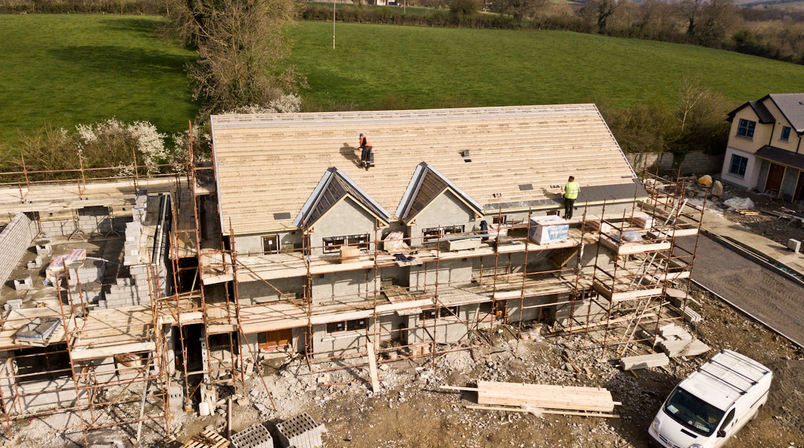




 The first thing to keep in mind before moving into Costa Rica is the annual property tax rate. The annual property tax rate in Costa Rica often varies between 0.25% to 0.55% of the registered value of the property. This means that if you have a property valued at $200,000, expect you’re going to pay between $500 and $1,100 annually in property taxes.
The first thing to keep in mind before moving into Costa Rica is the annual property tax rate. The annual property tax rate in Costa Rica often varies between 0.25% to 0.55% of the registered value of the property. This means that if you have a property valued at $200,000, expect you’re going to pay between $500 and $1,100 annually in property taxes.  Living in Costa Rica comes with the benefit of access to various municipal services provided by local governments. As a property owner, you may be required to pay a municipal services fee to cover the cost of these essential services, such as garbage collection, street maintenance, and public lighting.
Living in Costa Rica comes with the benefit of access to various municipal services provided by local governments. As a property owner, you may be required to pay a municipal services fee to cover the cost of these essential services, such as garbage collection, street maintenance, and public lighting. 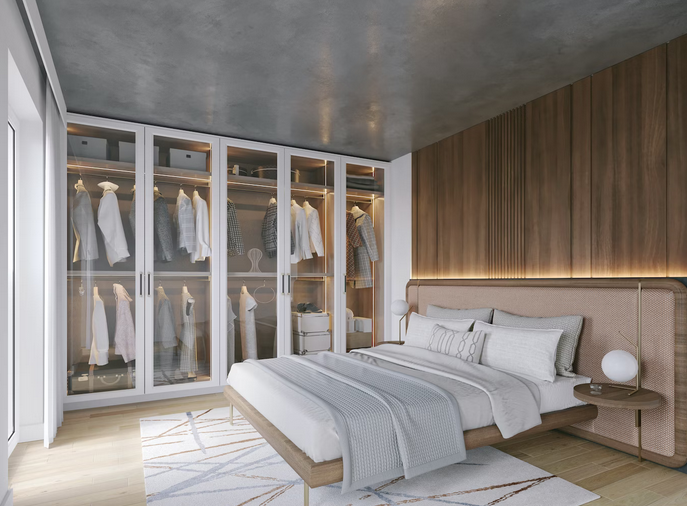
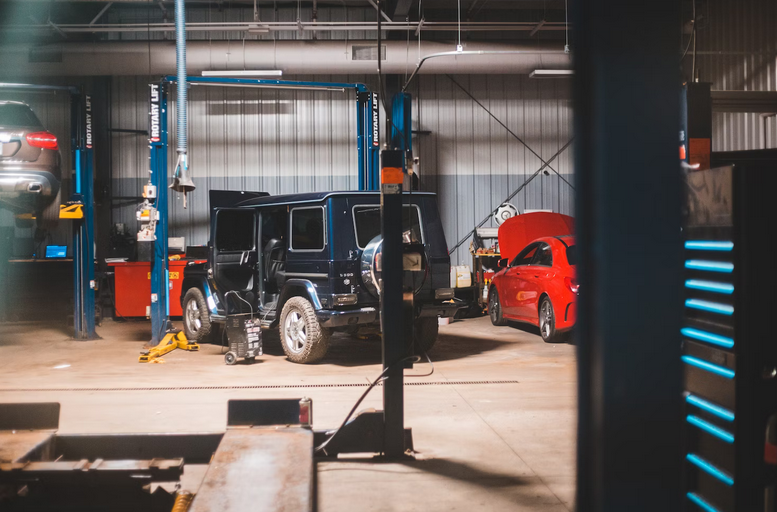


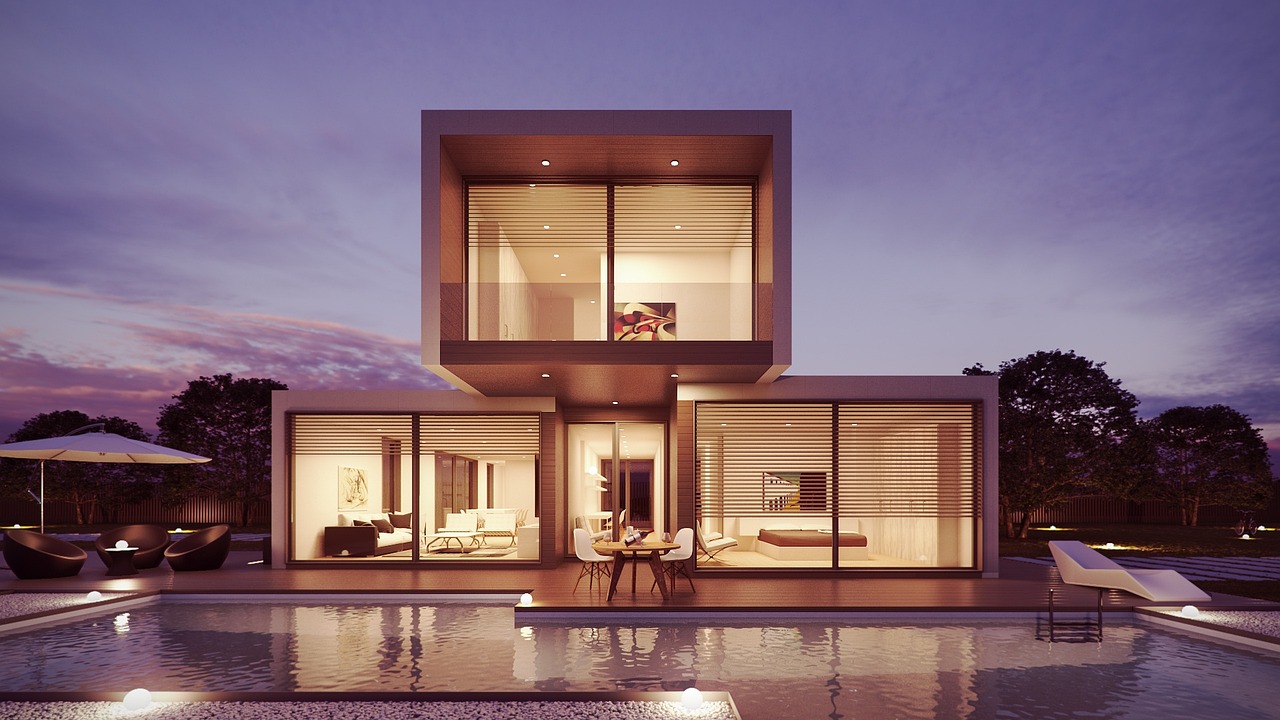
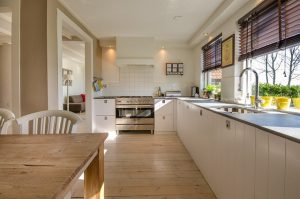 When adding value to your home, one of the most significant benefits of basement construction is its increased living space. Think about all those dreams you’ve had of having an extra bedroom, a home office, or even a dedicated entertainment area – well, with a basement; those dreams can become a reality. Having an additional floor below ground level opens up a world of possibilities. You can transform your basement into any living space that suits your needs and preferences. Whether you want a cozy family room for movie nights or need extra bedrooms for guests or growing children, the options are endless.
When adding value to your home, one of the most significant benefits of basement construction is its increased living space. Think about all those dreams you’ve had of having an extra bedroom, a home office, or even a dedicated entertainment area – well, with a basement; those dreams can become a reality. Having an additional floor below ground level opens up a world of possibilities. You can transform your basement into any living space that suits your needs and preferences. Whether you want a cozy family room for movie nights or need extra bedrooms for guests or growing children, the options are endless.
 A major benefit of adding a basement to your
A major benefit of adding a basement to your 

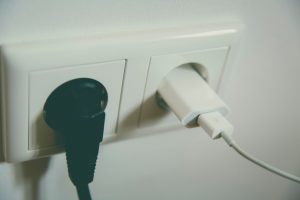 When it comes to hanging Christmas lights in your home, one important aspect that should never be overlooked is the electrical connections. It’s crucial to be mindful of these connections to ensure the safety and proper functioning of your holiday lights. Make sure you have a clear understanding of how many strands of lights can be connected. Overloading an electrical circuit can lead to tripped breakers or, even worse, electrical fires. Check the manufacturer’s instructions for each set of lights you plan on using and adhere to their recommendations.
When it comes to hanging Christmas lights in your home, one important aspect that should never be overlooked is the electrical connections. It’s crucial to be mindful of these connections to ensure the safety and proper functioning of your holiday lights. Make sure you have a clear understanding of how many strands of lights can be connected. Overloading an electrical circuit can lead to tripped breakers or, even worse, electrical fires. Check the manufacturer’s instructions for each set of lights you plan on using and adhere to their recommendations.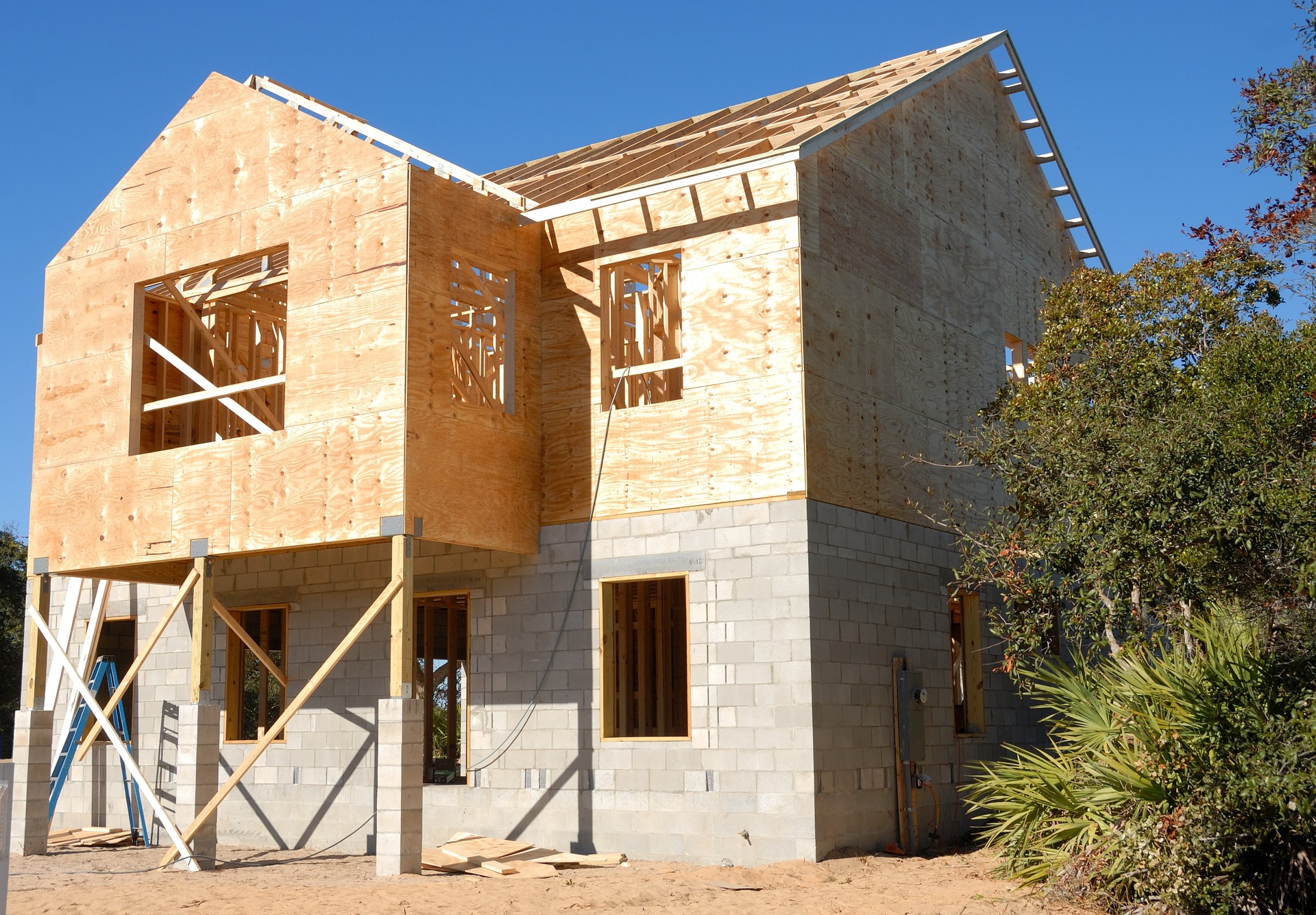

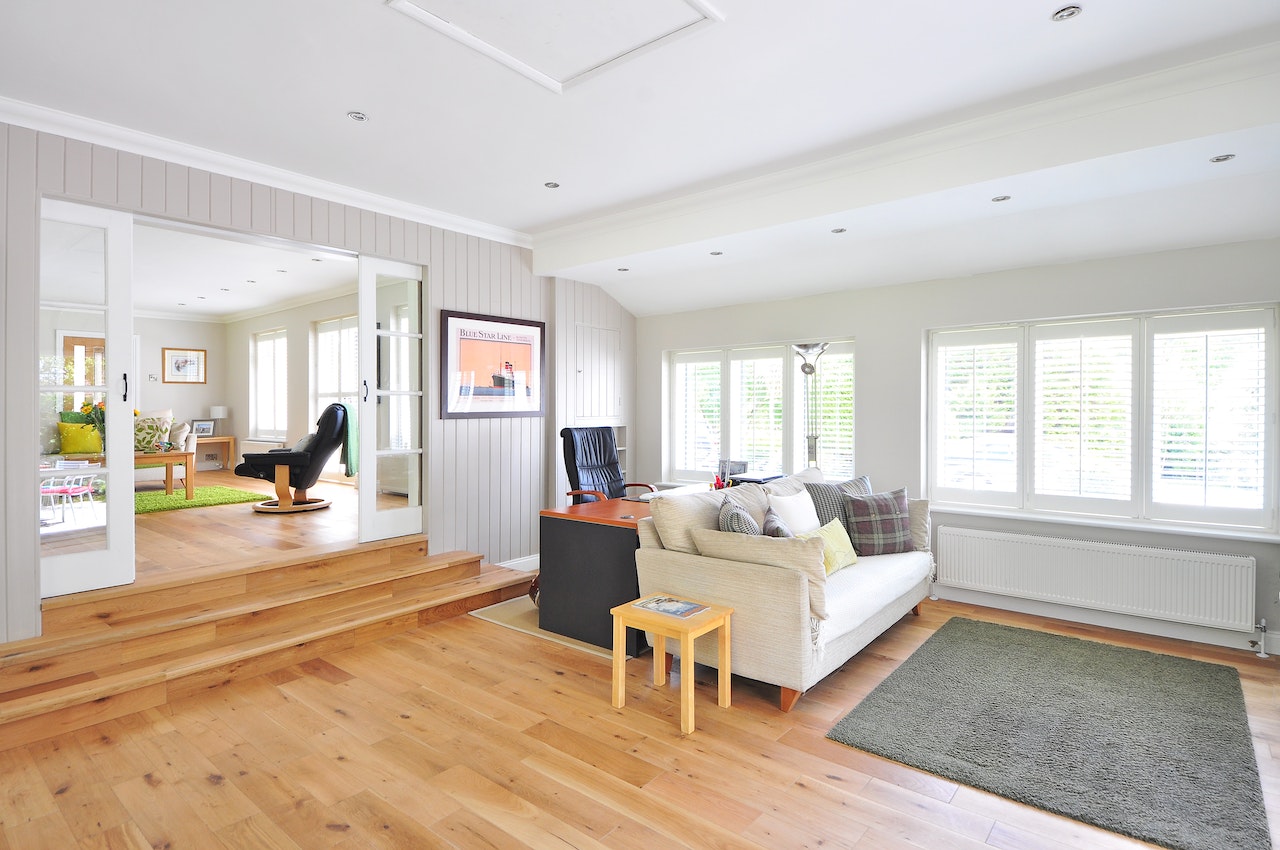
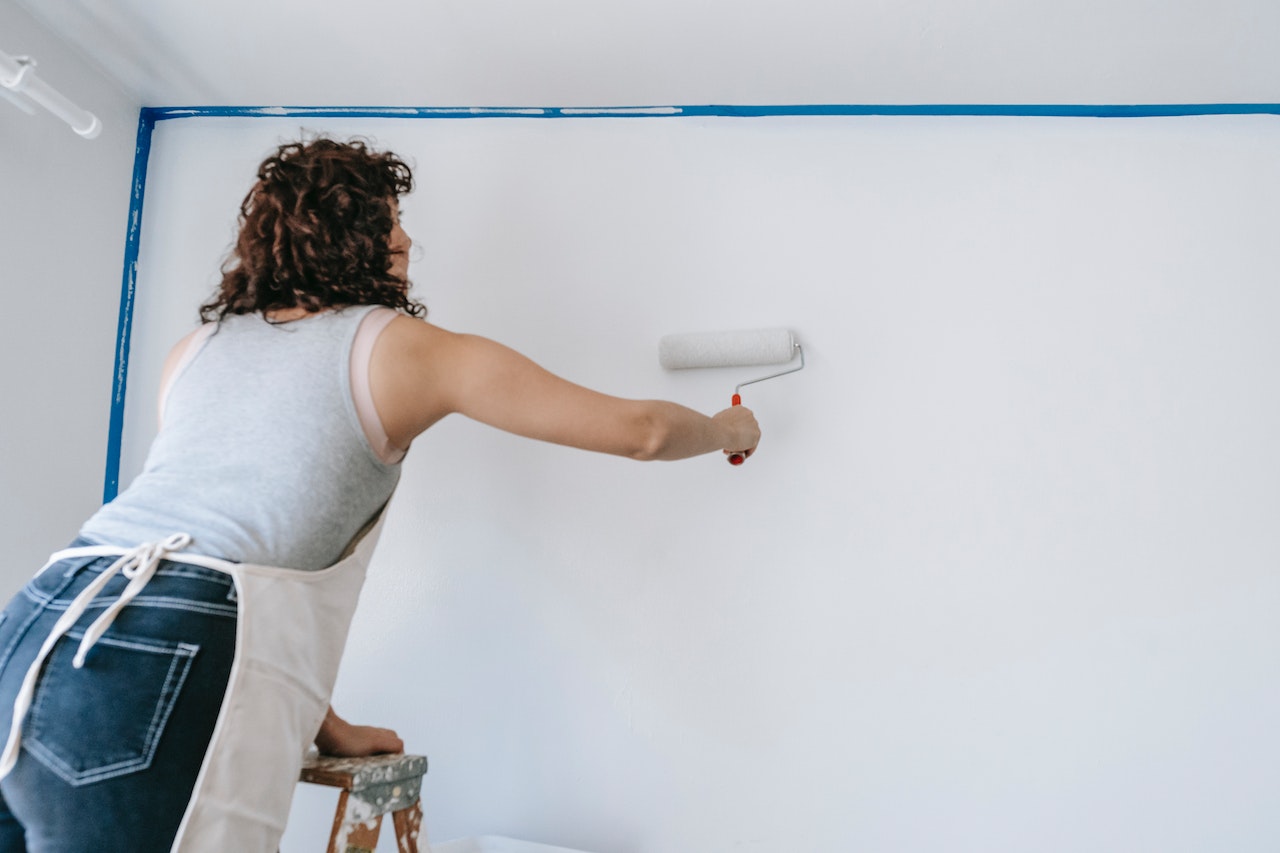

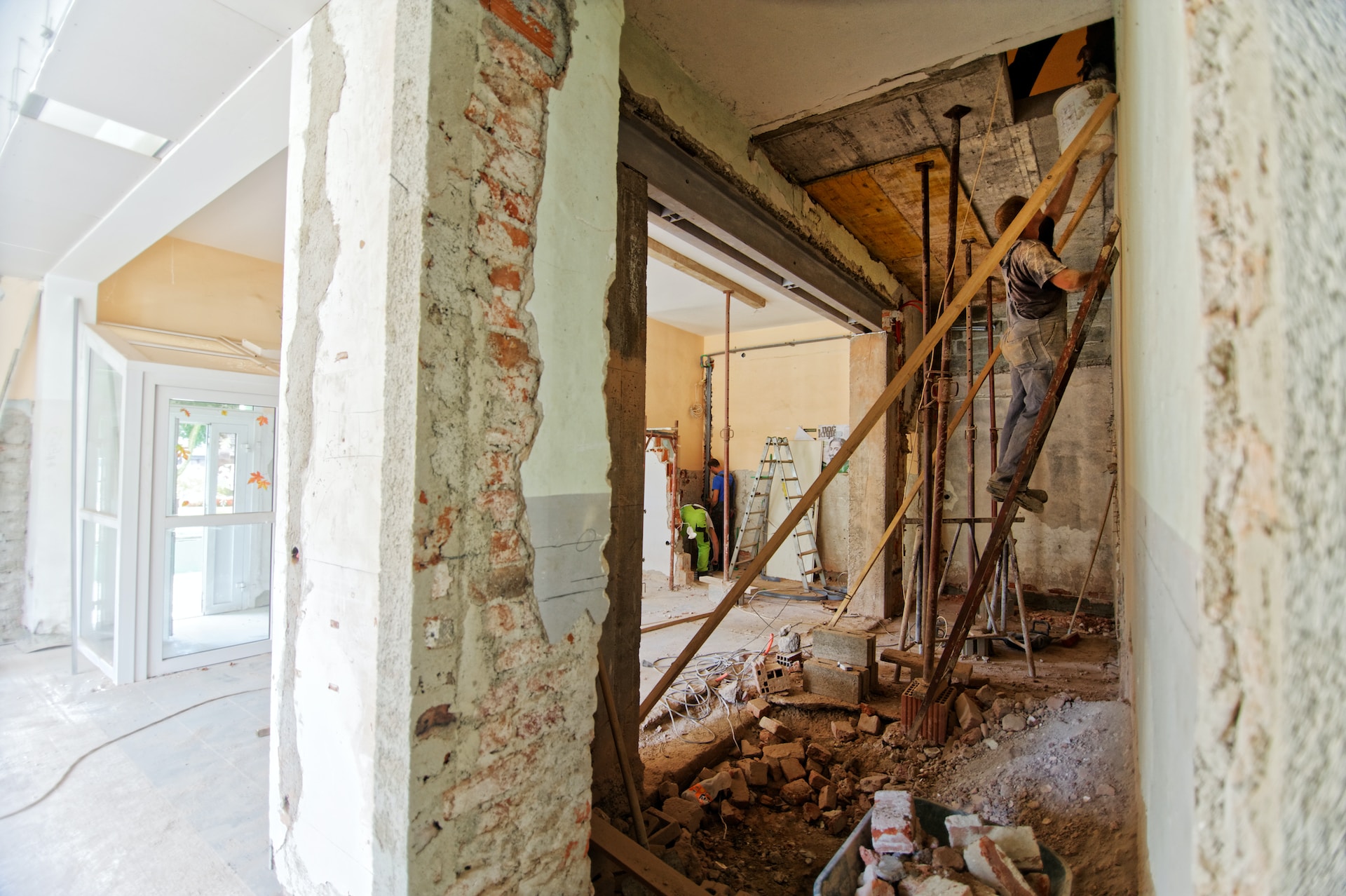
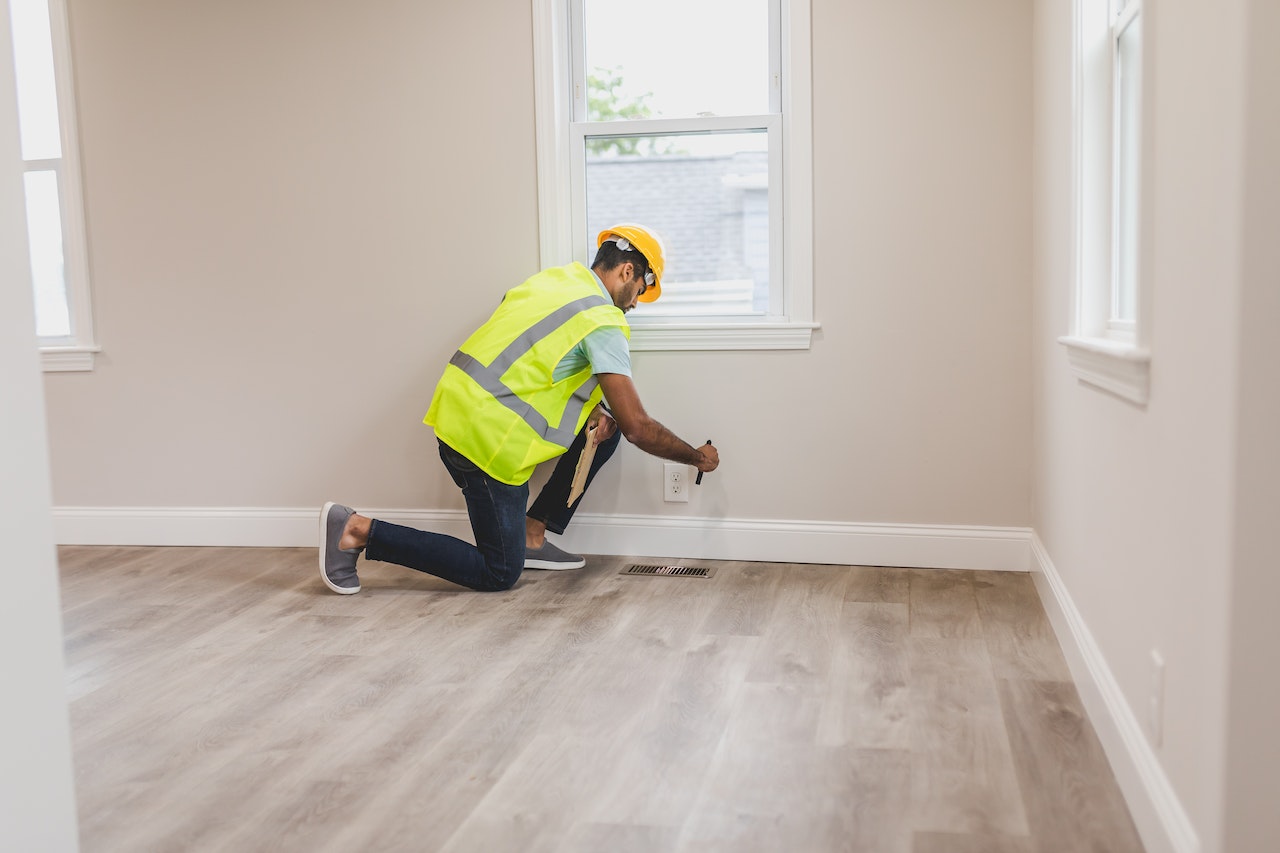

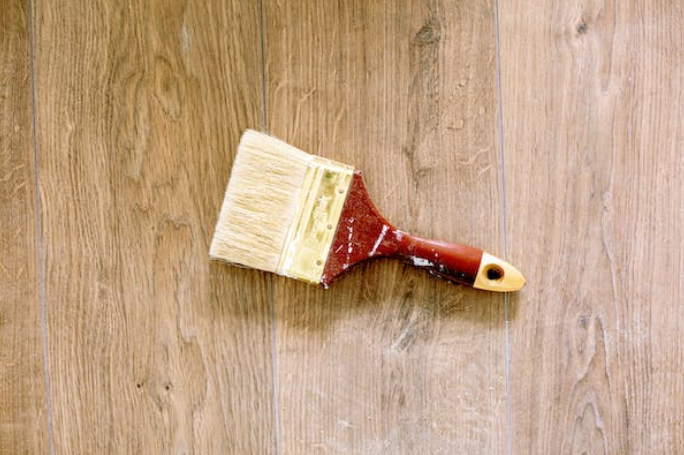

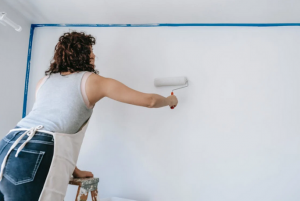 A fresh coat of paint is an incredibly effective way to update and revitalize any space. First, choose your colors wisely. Lighter shades like pastels or neutrals can make smaller rooms appear larger, while darker hues create a cozy atmosphere in bigger spaces. Consider using accent walls to add depth and interest. Next, prep your room properly before starting. This means cleaning the walls, filling in any holes or cracks, and taping off trim work for clean lines. It may seem tedious, but taking these steps will ensure a professional-looking finish.
A fresh coat of paint is an incredibly effective way to update and revitalize any space. First, choose your colors wisely. Lighter shades like pastels or neutrals can make smaller rooms appear larger, while darker hues create a cozy atmosphere in bigger spaces. Consider using accent walls to add depth and interest. Next, prep your room properly before starting. This means cleaning the walls, filling in any holes or cracks, and taping off trim work for clean lines. It may seem tedious, but taking these steps will ensure a professional-looking finish.
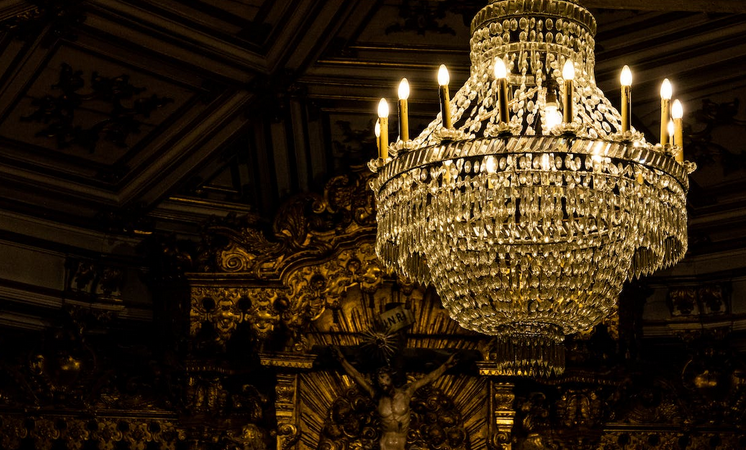 Do you always wonder how living in a fairy tale in a misty, magical forest looks like and feels? Well, it’s possible with the forest-reflection chandelier. This unique and eye-catching design idea is sure to draw attention to any room in your house. It creates an illusion of a living forest and reflects light beautifully, giving the whole space a magical touch. Some even have built-in lights that create a mesmerizing effect.
Do you always wonder how living in a fairy tale in a misty, magical forest looks like and feels? Well, it’s possible with the forest-reflection chandelier. This unique and eye-catching design idea is sure to draw attention to any room in your house. It creates an illusion of a living forest and reflects light beautifully, giving the whole space a magical touch. Some even have built-in lights that create a mesmerizing effect.
 Discolored water can be a sign of bacteria growth. This is usually the result of a
Discolored water can be a sign of bacteria growth. This is usually the result of a  This one might be the nastiest of them all. Sewage overflows, agricultural runoff, and stormwater runoff can all introduce fecal matter into your water supply. This can contain harmful bacteria and viruses that can cause serious illness.
This one might be the nastiest of them all. Sewage overflows, agricultural runoff, and stormwater runoff can all introduce fecal matter into your water supply. This can contain harmful bacteria and viruses that can cause serious illness.
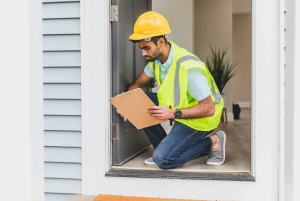 Probably the most important thing to inspect before buying a home is the exterior and ground structure. It includes checking for cracks in the foundation, damage to the roof, and any other structural issues. You should also ensure that no trees or bushes are growing too close to the house, as this could cause problems in the future. Indeed, you want to be sure that the property you’re buying is in good condition and will last for many years to come, starting by taking a look at its foundation and exterior structure.
Probably the most important thing to inspect before buying a home is the exterior and ground structure. It includes checking for cracks in the foundation, damage to the roof, and any other structural issues. You should also ensure that no trees or bushes are growing too close to the house, as this could cause problems in the future. Indeed, you want to be sure that the property you’re buying is in good condition and will last for many years to come, starting by taking a look at its foundation and exterior structure. The electrical system is another crucial element of the home that you need to inspect before buying. Check all the outlets and switches to see if they’re working properly. You should also look at the fuse box and circuit breaker to ensure everything is in good working order. If you’re unfamiliar with electrical systems, it’s best to hire an electrician to inspect you.
The electrical system is another crucial element of the home that you need to inspect before buying. Check all the outlets and switches to see if they’re working properly. You should also look at the fuse box and circuit breaker to ensure everything is in good working order. If you’re unfamiliar with electrical systems, it’s best to hire an electrician to inspect you.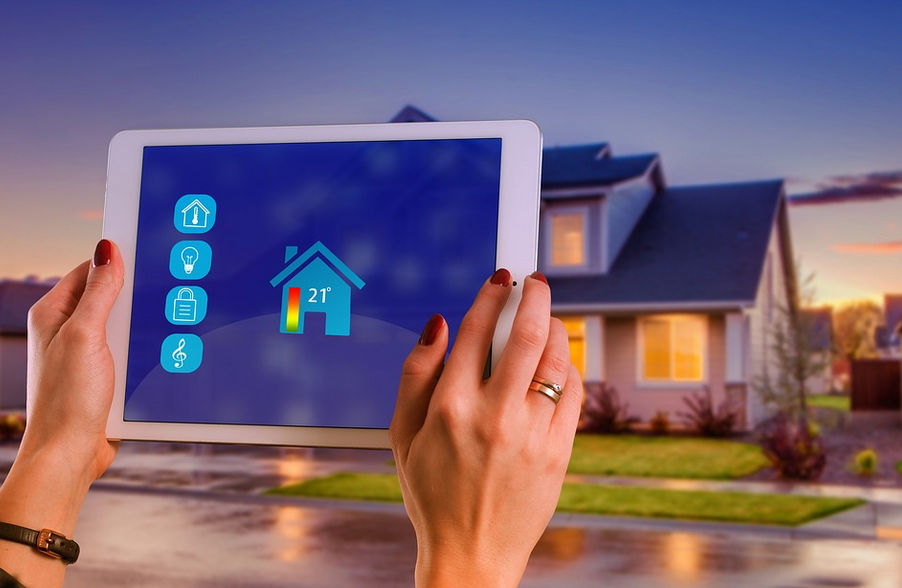
 Another big selling point of smart homes is the convenience and automation they offer. Imagine never having to worry about whether you remembered to turn off the oven before leaving for work. With a smart home, you can simply check your app and see if it’s been turned off. Or what about coming home to a house that’s already been heated or cooled to the perfect temperature? With a smart thermostat, that’s all possible.
Another big selling point of smart homes is the convenience and automation they offer. Imagine never having to worry about whether you remembered to turn off the oven before leaving for work. With a smart home, you can simply check your app and see if it’s been turned off. Or what about coming home to a house that’s already been heated or cooled to the perfect temperature? With a smart thermostat, that’s all possible.
 If you think hardwood flooring is not your thing, you can opt for ceramic tiles. Ceramic tiles are affordable and come in a variety of styles and colors. They are also easy to maintain and can withstand heavy traffic.
If you think hardwood flooring is not your thing, you can opt for ceramic tiles. Ceramic tiles are affordable and come in a variety of styles and colors. They are also easy to maintain and can withstand heavy traffic.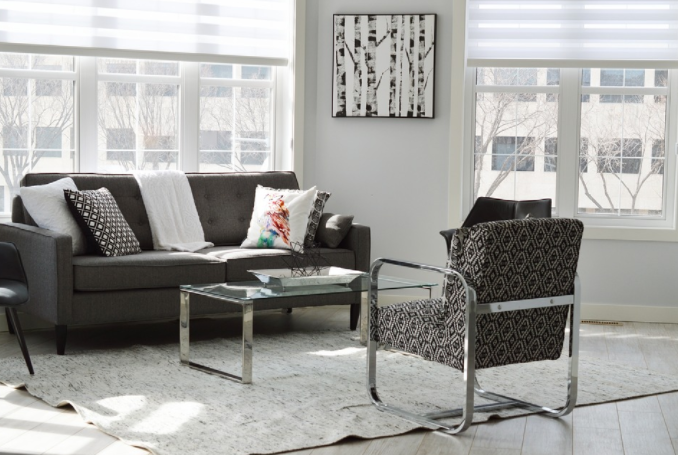
 One of the best ways to determine your home decor style is to visit a designer showhouse. This is where designers showcase their work in a real home setting. You’ll be able to see how they use furniture, accessories, and color in their designs. This can give you some great ideas for your own home.
One of the best ways to determine your home decor style is to visit a designer showhouse. This is where designers showcase their work in a real home setting. You’ll be able to see how they use furniture, accessories, and color in their designs. This can give you some great ideas for your own home.
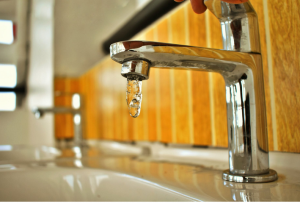 It is essential to note various types of water filters on the market. The most common are pitcher water filters, faucet-mounted water filters, and whole house water filters. It is essential to determine what type of filter you need before making your purchase.
It is essential to note various types of water filters on the market. The most common are pitcher water filters, faucet-mounted water filters, and whole house water filters. It is essential to determine what type of filter you need before making your purchase. As you are shopping for a water filter, you will quickly realize that there are many sizes to choose from. The size of the filter you need depends on how much water your household uses daily. If you have a large family or regularly host guests, you will likely need a larger filter.
As you are shopping for a water filter, you will quickly realize that there are many sizes to choose from. The size of the filter you need depends on how much water your household uses daily. If you have a large family or regularly host guests, you will likely need a larger filter. It will be best to purchase a water filter that a reliable brand makes. There are many brands of water filters in the market, but not all of them are created equal. Some of the top brands include Brita, Pur, and Culligan. When looking for a water filter, make sure to read reviews to get an idea about the quality of the product.
It will be best to purchase a water filter that a reliable brand makes. There are many brands of water filters in the market, but not all of them are created equal. Some of the top brands include Brita, Pur, and Culligan. When looking for a water filter, make sure to read reviews to get an idea about the quality of the product.
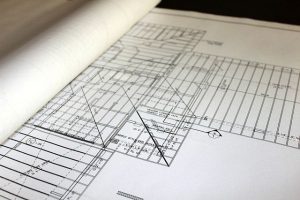 Commercial general contractors need to have a clear understanding of the project before planning it. They need to know what needs to be done, how the project works, and who will do it. It starts with analyzing the blueprints and other documentation related to the project.
Commercial general contractors need to have a clear understanding of the project before planning it. They need to know what needs to be done, how the project works, and who will do it. It starts with analyzing the blueprints and other documentation related to the project.
 If you want to drop your senior citizen at an assisted
If you want to drop your senior citizen at an assisted  The assisted living facilities come with different amenities, and they vary depending on where you live. You might find that most of them have swimming pools, movie theaters, libraries, common areas for socialization, beauty salons, and more.
The assisted living facilities come with different amenities, and they vary depending on where you live. You might find that most of them have swimming pools, movie theaters, libraries, common areas for socialization, beauty salons, and more.
 Shutters are a budget-friendly window treatment option. Compared to other window treatments like draperies or blinds, shutters are less expensive and can add value to your home. You will find a wide range of styles and colors to match any decor. If you seek an affordable way to remodel your windows, shutters are a perfect choice.
Shutters are a budget-friendly window treatment option. Compared to other window treatments like draperies or blinds, shutters are less expensive and can add value to your home. You will find a wide range of styles and colors to match any decor. If you seek an affordable way to remodel your windows, shutters are a perfect choice. Security is also a key benefit of shutters. They act as a deterrent to burglars because they are difficult to open and close from the outside. You will feel more secure knowing that you have a barrier against intruders.
Security is also a key benefit of shutters. They act as a deterrent to burglars because they are difficult to open and close from the outside. You will feel more secure knowing that you have a barrier against intruders.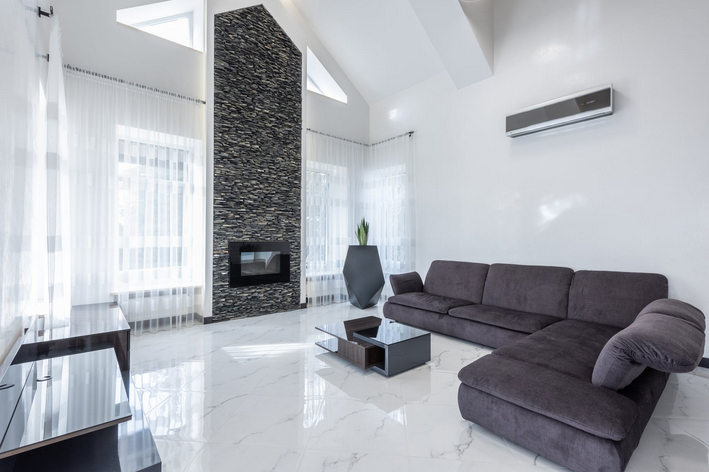
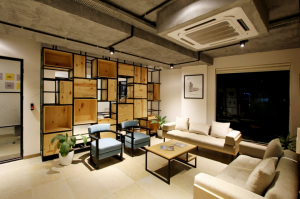 A reverse cycle air conditioning unit works by taking the warm air from inside your house and pushing it outside to make room for cooler outdoor air. It requires less energy than other types of cooling because you are not working against the natural flow of heat through a home. The unit also includes a reversing valve, which means that when the temperature gets too high indoors, it will start drawing cooler air from outside to cool the house down.
A reverse cycle air conditioning unit works by taking the warm air from inside your house and pushing it outside to make room for cooler outdoor air. It requires less energy than other types of cooling because you are not working against the natural flow of heat through a home. The unit also includes a reversing valve, which means that when the temperature gets too high indoors, it will start drawing cooler air from outside to cool the house down.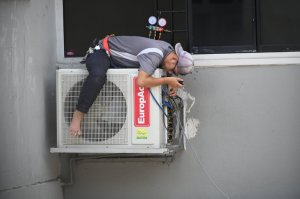 One of the benefits that you will notice when installing reverse cycle air conditioning is that it works to purify your home’s indoor air. When warm air moves outside, this helps keep everything in your house cleaner and healthier by removing dust particles, pollen, allergens, and other pollutants from the inside. It also means fewer smells coming into the house through your air conditioning units.
One of the benefits that you will notice when installing reverse cycle air conditioning is that it works to purify your home’s indoor air. When warm air moves outside, this helps keep everything in your house cleaner and healthier by removing dust particles, pollen, allergens, and other pollutants from the inside. It also means fewer smells coming into the house through your air conditioning units.
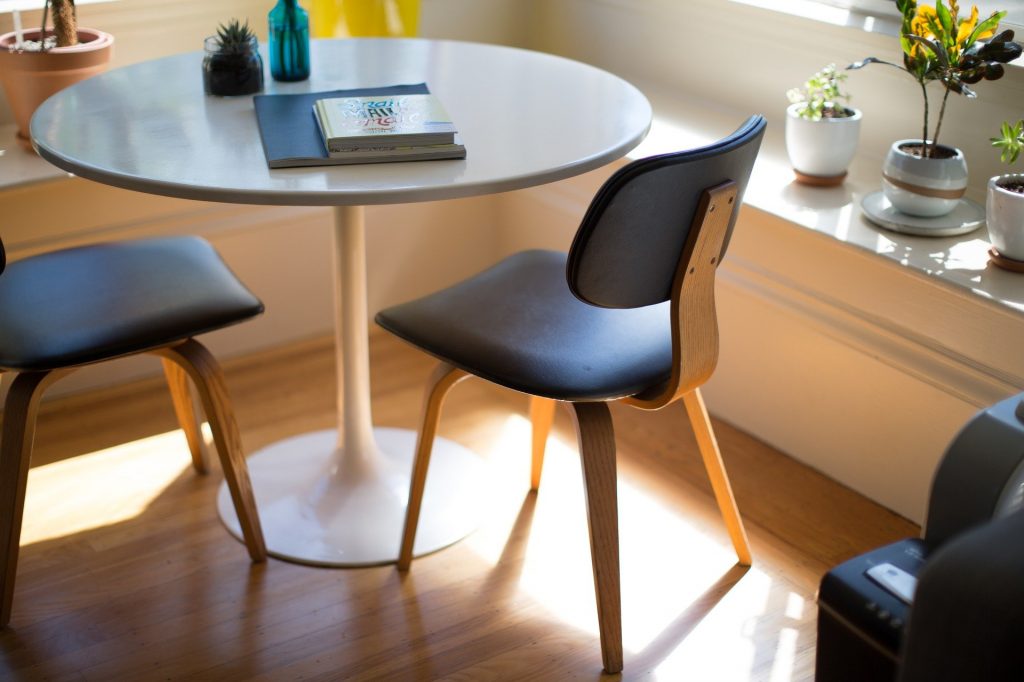
 People like it when there is new stuff since it makes them believe that the whole place is improving, and it lifts the spirit of the entire office. Purchasing new furniture makes the employees feel like they are part of an important organization.
People like it when there is new stuff since it makes them believe that the whole place is improving, and it lifts the spirit of the entire office. Purchasing new furniture makes the employees feel like they are part of an important organization.